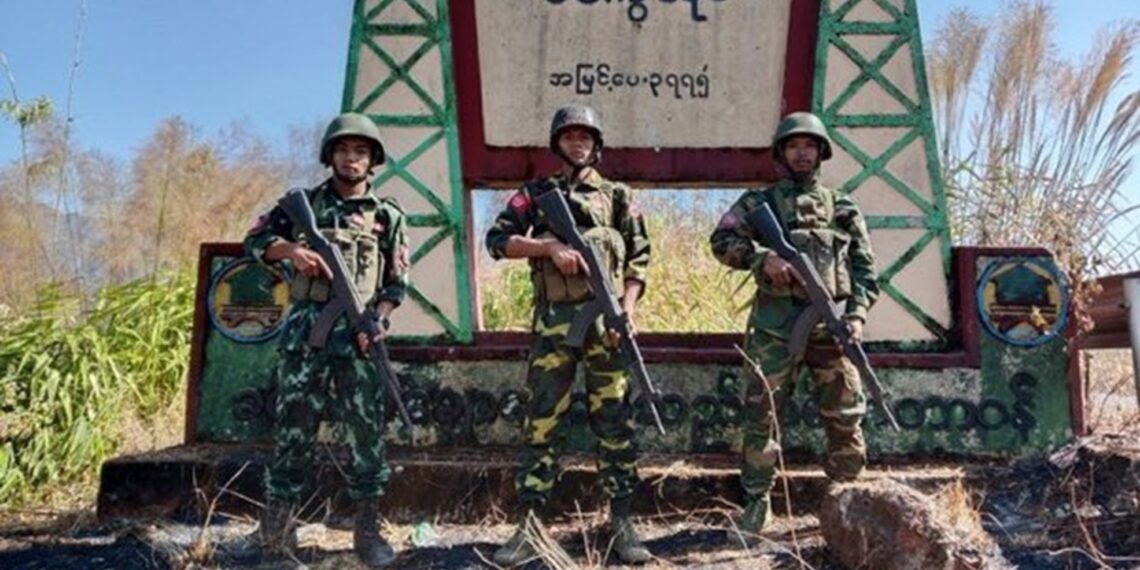Apprehending a violent backlash from armed Rohingya groups even as the Bangladesh government engages with the Arakan Army in Myanmar’s Rakhine State, the International Crisis Group (ICG) has recommended that Dhaka should “keep pursuing talks” with the AA “about informal cross-border assistance – now the only feasible option”.
In its latest analysis of the Rohingya crisis and the ties between the Bangladesh government and the Arakan Army, the ICG’s June 18 report recommends that the “Bangladesh government and security agencies should improve coordination to ensure” that the influence of the Rohingya groups are “checked”.
The ICG’s report comes in the wake of the Bangladesh interim regime’s decision to not pursue the “humanitarian corridor” issue which led to a politico-military controversy with the BNP and the powerful Army taking the stand that implementing such a decision would adversely impact the country’s sovereignty.
Pointing out that Bangladesh’s “security forces should take stronger measures to prevent armed (Rohingya) group members from recruiting in the (refugee) camps”, the ICG has suggested heightened “monitoring to prevent” these “group members from entering the camps” and “cutting off the flow of weapons”.
Advocating restraint on the part of the Arakan Army, the ICG’s position is that “additional refugee flight will hurt the Arakan Army’s relationship with Dhaka, undermine prospects for developing its proto-state and likely prompt more Rohingya to join armed groups”.
Taking the stand that “continued international aid for the Rohingya refugees will also be essential to counter the risk of an insurgency emerging from the camps”, the ICG’s view is that the Bangladesh authorities have “little choice (on not negotiating) with a non-state actor (Arakan Army) given that “Myanmar’s military regime is very unlikely to retake Rakhine or to be able to retaliate against Dhaka”.
Arguing that “Bangladesh, the Arakan Army and outside actors have an opportunity to restore a semblance of hope”, the ICG wants Bangladesh to “help improve living conditions in Rakhine by allowing cross-border aid and trade, while also bringing an end to its dealings with Rohingya armed groups”.
Seeking “more informal trade between southern Bangladesh and northern Rakhine”, the ICG wants Dhaka to allow “more food” and “construction materials and agriculture inputs” into the Arakan Army’s areas of dominance, especially when these are “desperately lacking due to the (Myanmar) military regime’s blockade”.
ALSO READ: ‘Operation Sindoor’ paused at Pakistan’s request, Modi tells Trump
Emphasising that “foreign powers should strive to maintain support for the humanitarian response”, the ICG warns that “failure to take these steps could sow the seeds of an even greater disaster across northern Rakhine State and southern Bangladesh”.
Insisting that “Dhaka should continue to pursue dialogue with the Arakan Army, including discussion of provision of humanitarian assistance”, the ICG seeks such a move “given not the immensity of humanitarian need – including for the Rohingya still living in the northern Rakhine – but also as a trust-building exercise”.















